For Authors
Self-publishing has opened the door for anyone with a story to share, but turning that story into something readers actually buy is a different challenge entirely. For many authors, the dream is not only to hold their book in their hands but also to experience the thrill of seeing it sell, receiving reviews from strangers, and feeling like a “real” writer. The reality is that this kind of success rarely happens by accident. It comes from treating writing not just as an art, but as a business—one with a plan, a process, and a clear path forward.
In this post, we explore why making the decision to see yourself as a professional author is the first step toward achieving the success you want. We’ll talk about how adopting a business mindset can open the door to opportunities you never imagined, from book signings to steady royalty checks, and why creating a plan is essential for turning your passion into a sustainable career. If you’ve ever wondered how to go from simply having a book for sale to truly building a presence as an author, this is where your next chapter begins.
Self-publishing has become accessible to almost everybody, and I think it’s beautiful. Now everybody who has ever said “I think I could write a novel” has the ability to do exactly that. And not just write a novel, but see it on the digital bookshelves and available for purchase all over the world.
I think this is amazing, because I believe it’s especially important for all of us to tell our stories.
Even if we never reach a huge audience, it’s an amazing gift to our children, or our grandchildren, to have a record of something we thought important enough to write a book about.
In fact, I always enjoy buying the books my friends self-publish, because I think it’s an incredibly intimate opportunity to take meditation inside their head. I read about characters they invented, going through experiences that are important to them, and the tragic or triumphant conclusion of the protagonist, who perhaps provides a window into the author’s soul. My wife never reads my books, and I find it frustrating when she claims I never open up to her, when I have my ripped-asunder heart on display in over thirty full-length novels, most of which are about falling in love with a heroine just like her!
But the vast majority of self-published authors never go beyond this stage. They have their self-published books up there for sale, but never sell enough to make those books profitable. Many of them aren’t necessarily motivated by profit, but are still disheartened because they never got to experience the validation of strangers actually paying money to buy their books, or read authentic book reviews from strangers who cared so much about the book that they took the time to leave a review.
The truth is, many of us will never feel like a “real” writer until we see our book achieve at least some level of commercial success. This is why being published by a traditional publisher still carries so much appeal. If a traditional publisher is willing to take a risk with their money on your book, it serves as the kind of validation that self-published authors can only get from actually selling copies of their books.
But the good news is that selling copies of your book is a perfectly respectable and achievable goal. I’ve always said that I believe anybody has the potential to be a successful self-published author. You just need to learn the craft of writing and follow the process for successful self-publishing. What makes the difference between the self-published authors earning six figures and the vast majority of self-published authors, who are frustrated about how invisible their self-published books seem, isn’t necessarily talent, but the willingness to treat self-publishing like a business.
Because that’s what it is to commercially successful authors. It’s a business. The authors earning six figures a year (or for some, every month) know that they are selling a product, and in that respect, being a writer is no different to being a carpenter. Our books are products, just like a carpenter’s end tables or rocking chairs are products. Successful authors and successful carpenters both make a product, and we make our money by making that product, leveraging the quality of the product, and finally by making that product available to potential paying customers.
But the good news is that’s where the magic happens for self-published authors. If you treat your writing like a business, it opens up experiences for you as a writer that you would never have had access to otherwise. Experiences like holding paperbacks in your hands for the first time. Having a book signing at a local bookshop. Signing people’s copies. Being able to pay a bill with the money from your royalties. That’s when you start feeling like a “real” writer, even if you’re not making enough from it to turn it into a full-time job.
It reminds me of a quote by Stephen Fry, himself quoting Oscar Wilde:
Oscar Wilde said that if you know what you want to be, then you inevitably become it. That is your punishment. But if you never know, then you can be anything. There is a truth to that. We are not nouns, we are verbs. I am not a thing — an actor, a writer — I am a person who does things — I write, I act — and I never know what I am going to do next.
If you identify as a writer, you need to write. And not just write, but get your books published, and follow all the rest of the steps to actually experience the things “real” writers do. Signing copies of your book. Reading reviews from strangers. Cashing your royalties checks and buying things with them.
And the good news is that if you actually take the steps to do the things that you need to do, you’ll inevitably finish up feeling like more of a “real” writer than you would have done otherwise. You literally can’t screw it up.
And the irony of it all is that while the way to end up feeling like a “real” writer is to witness the fruits of your labor manifest in front of you, the only way to make those things manifest is to be a “real” writer and go through all those steps. You have to take the audacious choice to BE a writer before you ever get the satisfaction of feeling like one.
And even then, it’s not as easy or as simple a decision to make. One of the biggest obstacles is simply the mental block of choosing to identify as a writer. When you meet a stranger and they ask you what you do, are you willing to say “I’m a writer” or will you default to “I’m a senior data analyst.”
Are you willing to project the identity of being a writer to strangers? Have it as part of your LinkedIn bio? Are you willing to invest the time, effort, and money to publish your books so that strangers can find them and choose to buy them?
It’s a conscious choice you have to make. It’s an identity you have to adopt. As Malcolm’s dad said in Malcolm in the Middle: “Once you start down this path, there’s no turning back.”
But if you do decide that you are going to come out to the world as a “real” writer, there’s already a path laid out for you. There is a process for successful self-publishing, and you merely have to follow it if you ever want to be a “real” writer.
First amongst those things is coming up with a business plan.
You can’t have a business without a plan, right? Whether you’re selling home-baked cookies or self-publishing romance novels, you need to have a business plan if you’re going to run a business. This is something a lot of writers don’t think about, but it’s the foundation for what comes next.
So, if you’re ready to make the decision to treat your writing like a business, I’ll move onto an article next week in which I outline how to come up with a business plan. If you tune in for that one, you’ll have already taken a huge step towards becoming the “real” writer you’ve always wanted to feel like.
Share this blog
About the Author

Ginger is also known as Roland Hulme - a digital Don Draper with a Hemingway complex. Under a penname, he's sold 65,000+ copies of his romance novels, and reached more than 320,000 readers through Kindle Unlimited - using his background in marketing, advertising, and social media to reach an ever-expanding audience.





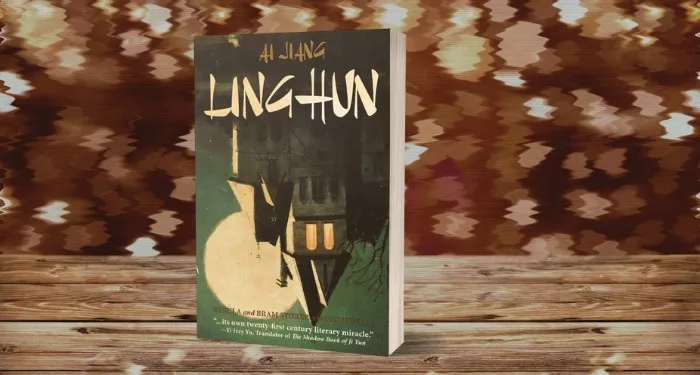



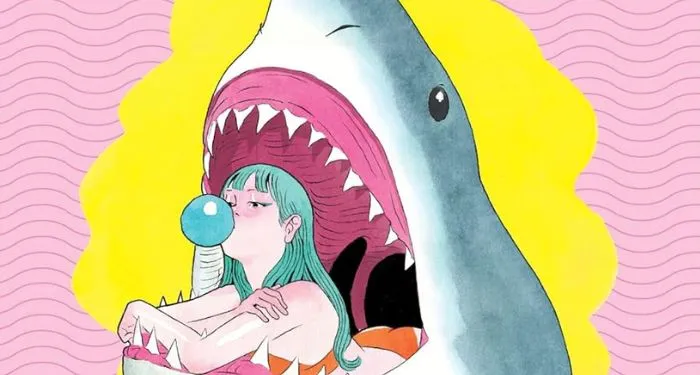
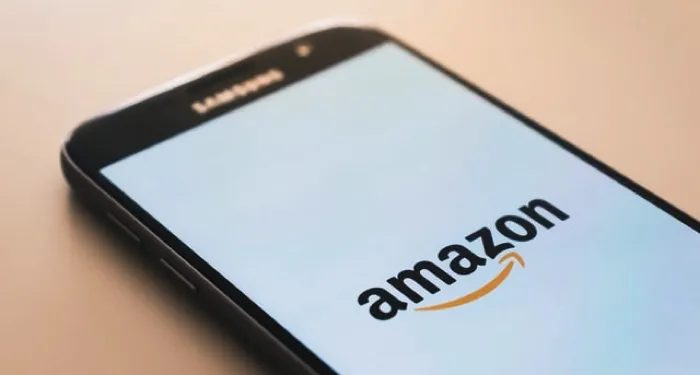


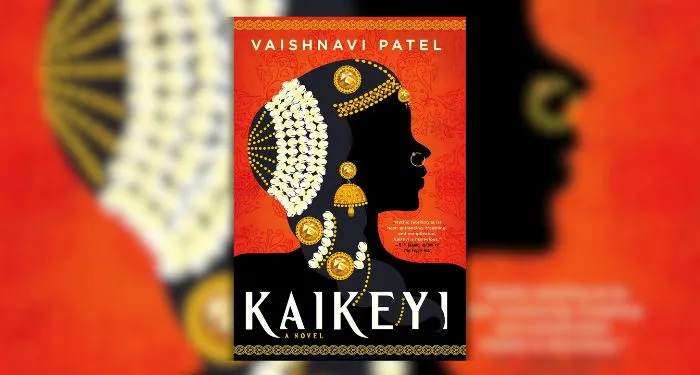


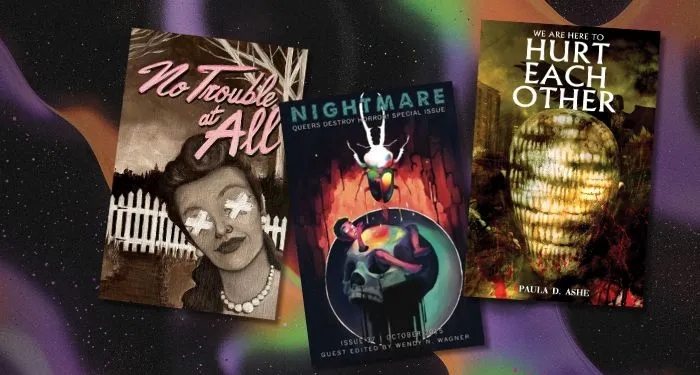


 English (US) ·
English (US) ·